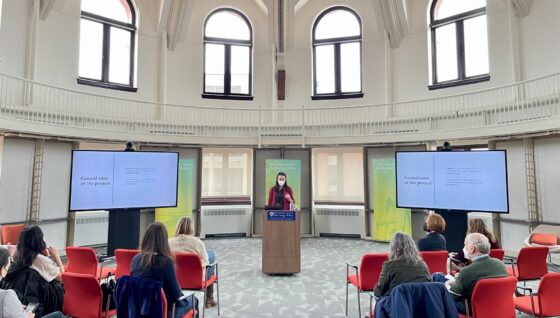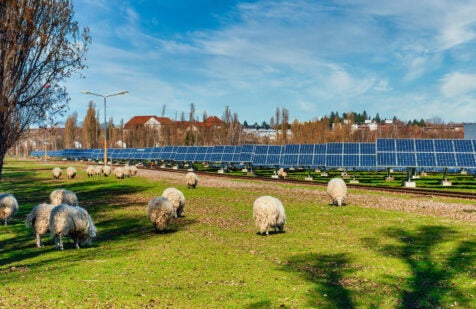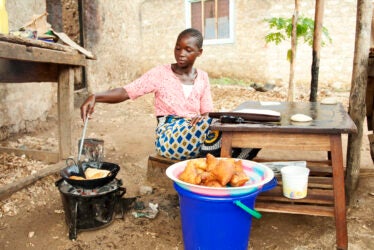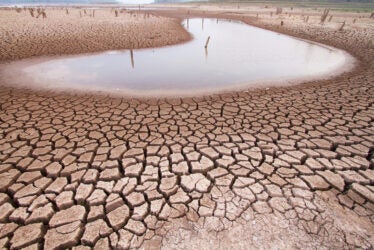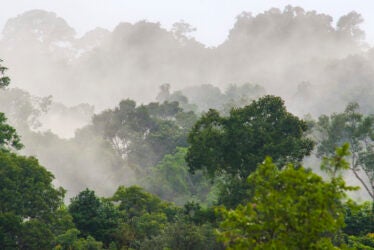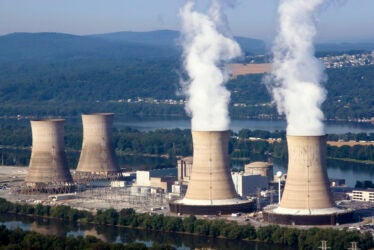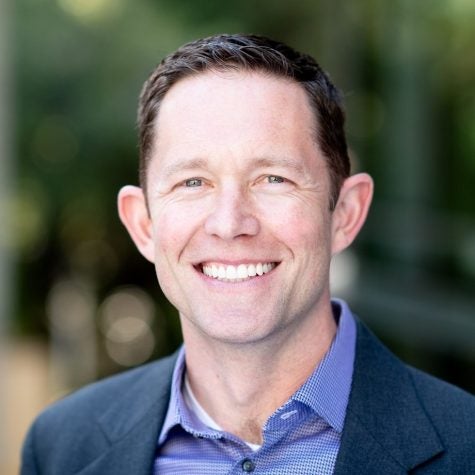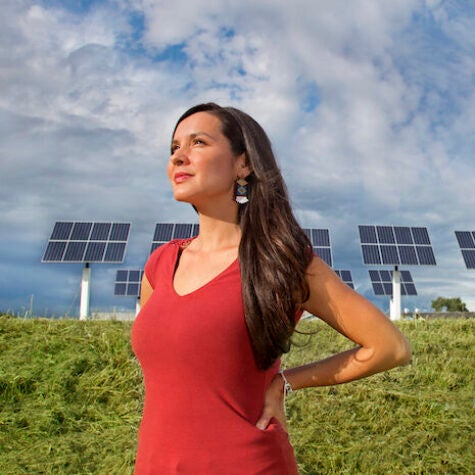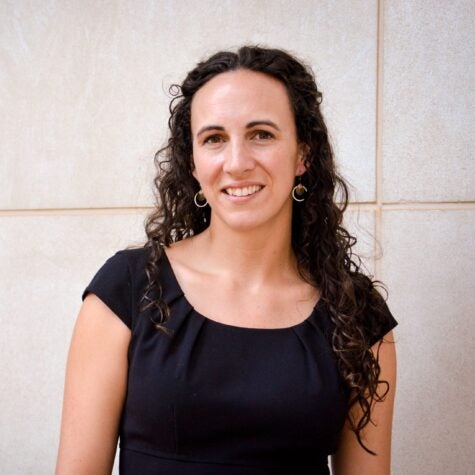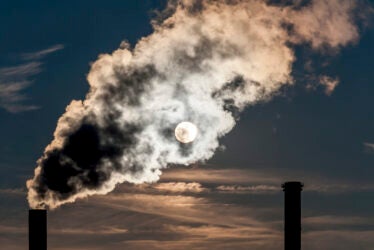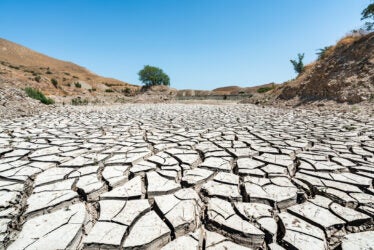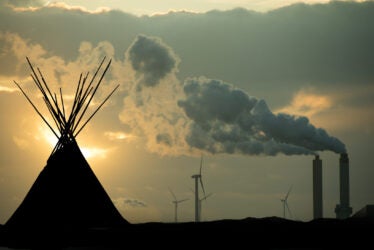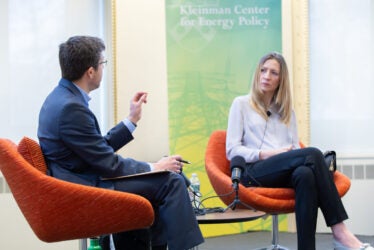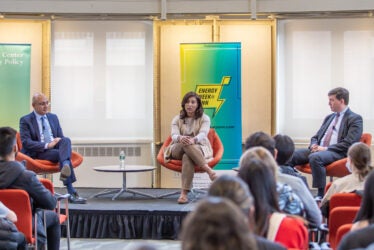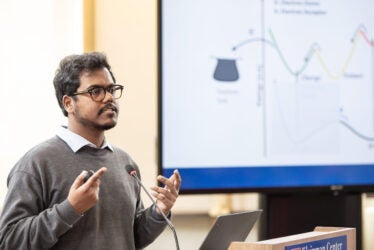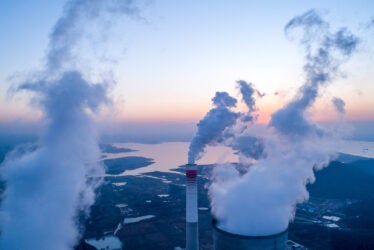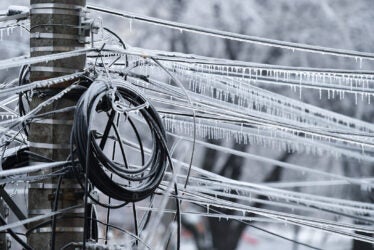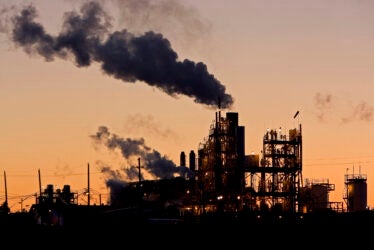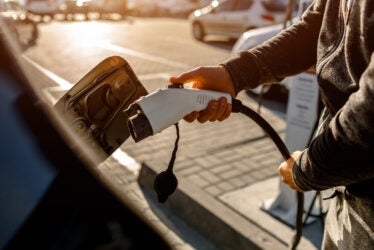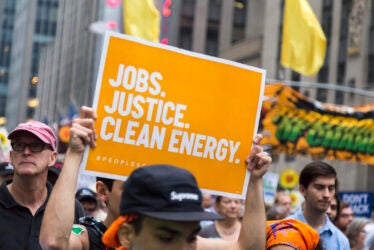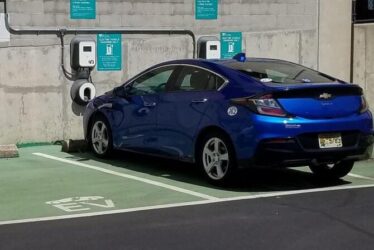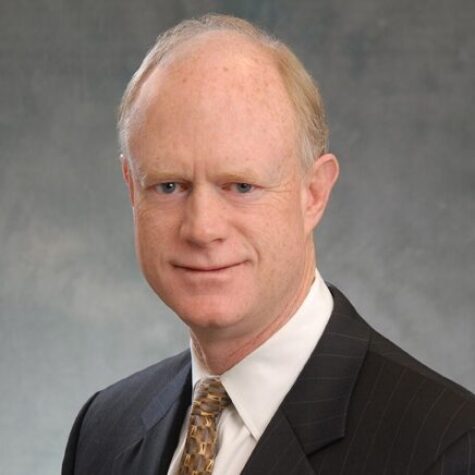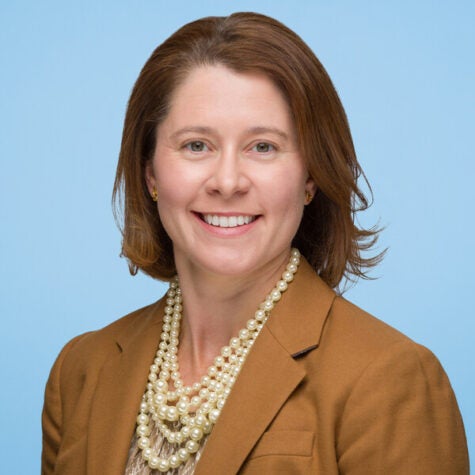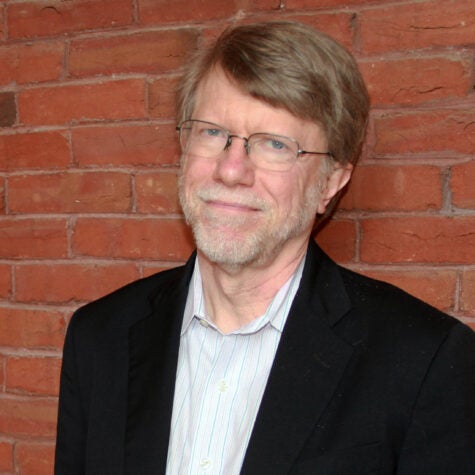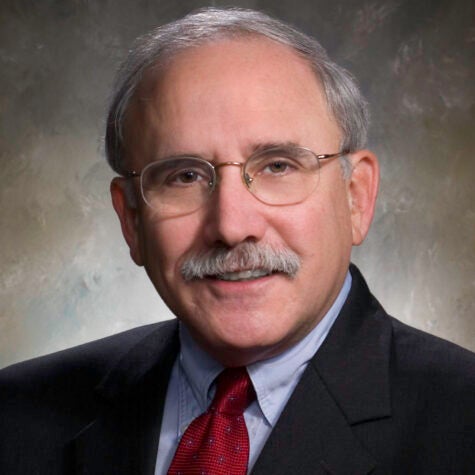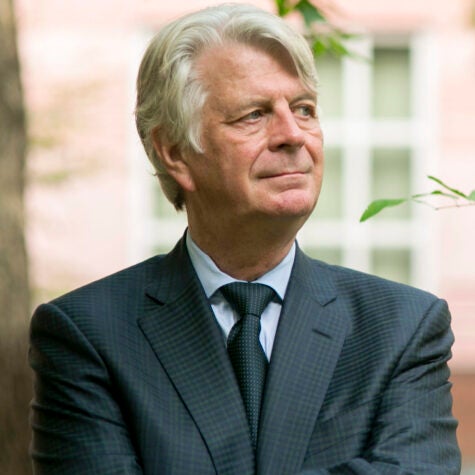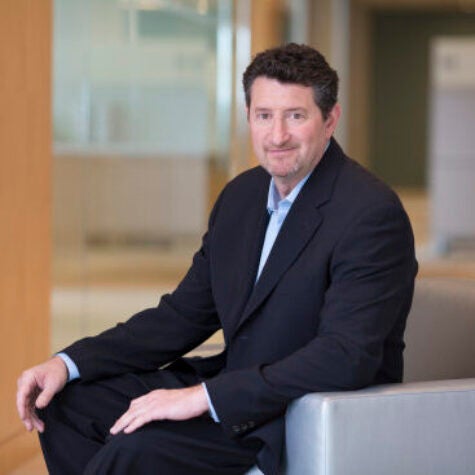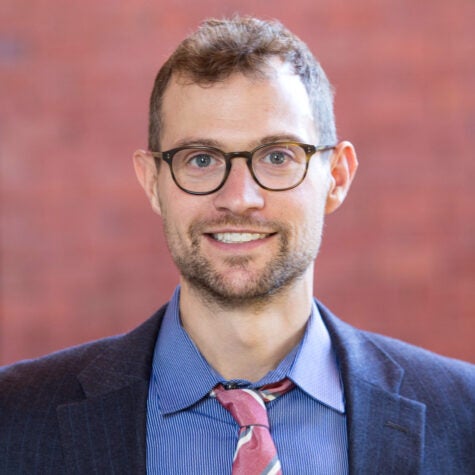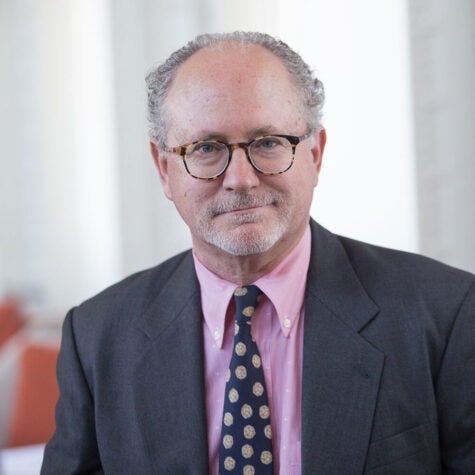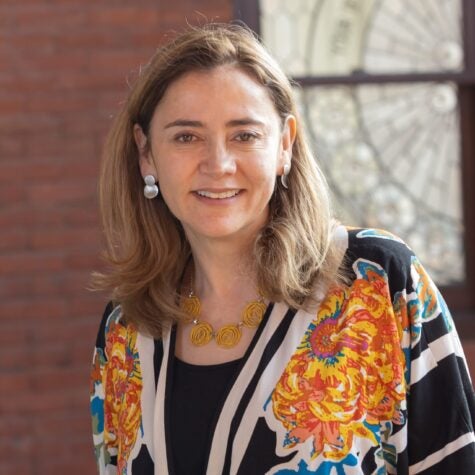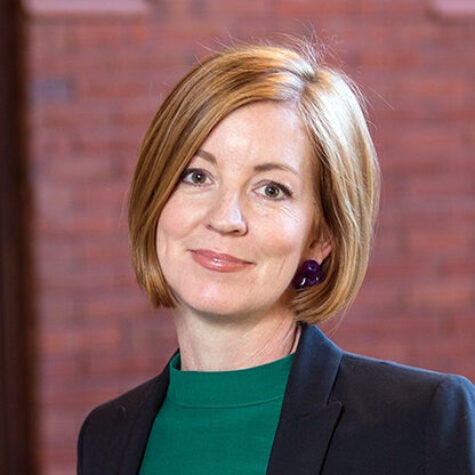From Our Directors
This annual report highlights our progress on energy education at Penn and our continued efforts toward achieving a more sustainable energy future. We are pleased to report a highly productive year in our three core areas:
fostering research and making an impact
developing tomorrow’s leaders
convening energy experts
Video Letter
Fostering Research and Impact
We continue to publish papers and policy digests from our visitors, faculty, grant recipients, students, and scholars on some of the most timely topics in energy policy. Most importantly, we get our research into the hands of decision-makers who need it most.
Welcome Shelley Welton
From decarbonization in a democracy to clean energy justice, Shelley Welton’s legal research focuses on how climate change is transforming energy and environmental law. This summer, Welton joined the University of Pennsylvania as a Presidential Distinguished Professor of Law and Energy Policy.
Welton’s faculty appointment is at Penn Carey Law. She also holds an affiliation with the Kleinman Center. Last year, she was a Kleinman Center visiting scholar. She gave a public lecture and spent time connecting with Penn faculty and students across campus. This fall, she will teach our flagship course: Introduction to Energy Policy.
Center Research
Net-Zero Nevada

On the path to net zero, states face challenges unique to their local geography and resources. Achieving net-zero goals requires deploying a portfolio of carbon management solutions at a large scale, with solutions that are technically, economically, and socially adapted to the local context.
Our team of researchers at the Clean Energy Conversions Lab dive into a case study of four custom pathways for Nevada.
Research Grants
Each year, the Kleinman Center awards grants to Penn faculty, postdocs, and doctoral students to support new research or further existing research. Our researchers explore critical issues and address challenges that have regional, national, and global implications.
Digests and Reports
Research Recognition
103 mentions in media and press this year
40 academic references to Kleinman Center work this year
Our media mentions reached over 605 million readers
This year, we continued to make an impact at the national level. The authors of The Not-So-Rare Earth Elements: A Question of Supply and Demand met with representatives from the office of Congressman Kurt Schrader and representatives from the House Subcommittee on Energy and Mineral Resources to their research, which anticipated the the Inflation Reduction Act.
Visiting Scholars
We were excited to welcome scholars back to Penn’s campus where they met with students and colleagues and gave public lectures.
Lucas Davis
Chandra Farley
Thomas Hale
Melina Miyowapan Laboucan-Massimo
Gernot Wagner
Shelley Welton
Developing Tomorrow’s Leaders
Whether through classroom learning or immersive internships around the globe, we help prepare our students for careers at the center of the energy transition.
Energy Week
Video Highlight
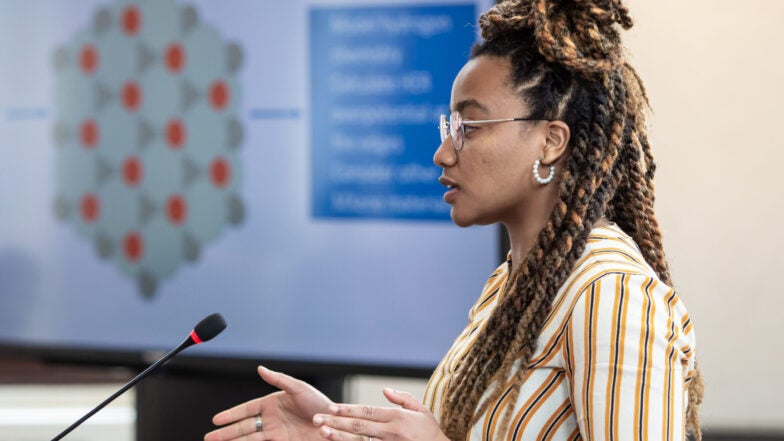
This April, the Kleinman Center and Vagelos Institute for Energy Science and Technology hosted a week of energy-focused events across campus. Our event lineup included student lightning talks, an alumni career panel, a live podcast about the energy impact of the crisis in Ukraine, and a conversation with climate fiction author Kim Stanley Robinson.
Blog Competition
Undergraduate and graduate students had the opportunity to get published in our second-annual student blog competition. This year’s topic focused on a just transition. The insights cover issues from air pollution in Mongolia, to energy justice in New York City, to mining in the Navajo Nation.
Undergraduate Fellows Program
Each spring, the Kleinman Center hosts its undergraduate student fellows program. Bi-weekly student sessions provide students with the opportunity to meet and learn from energy scholars who discuss findings and policy implications of their recent research.
This year, each fellow wrote a thoughtful insight on an energy or climate issue of their choice. Insights tackled topics from the crisis in Ukraine to the grid issues in Puerto Rico and everything in between.
Summer Fellowships
Energy policy fellowships give Penn students a unique, hands-on learning experience at high-profile institutions. Students work at the International Energy Agency in Paris, Energia in The Hague, and the Philadelphia Energy Authority—right here in Philadelphia.
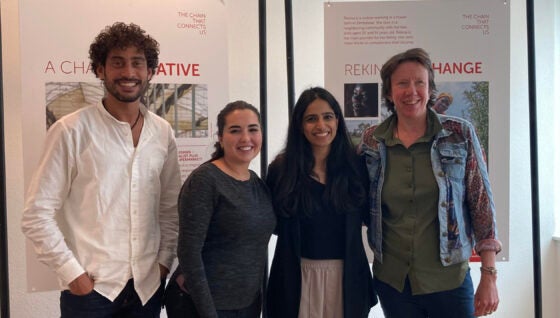
Meet Our Fellows

Naimat Chopra

Jacob Hyppolite
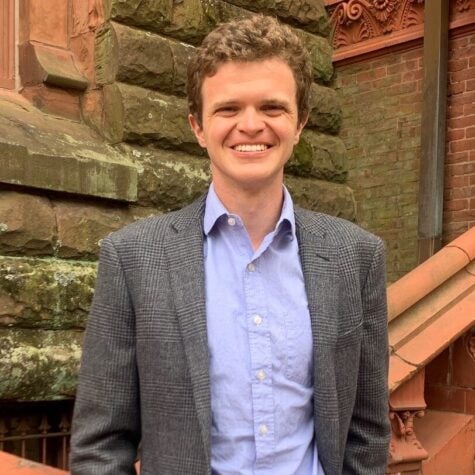
Walter Johnsen
Convening Energy Experts
We continued to convene students, thought leaders, and visiting scholars for a full lineup of content-rich virtual events, dynamic in-person events in the Energy Forum, and hybrid events. We tackled some of the most important topics today like achieving net zero and ensuring energy equity.
Carnot Prize
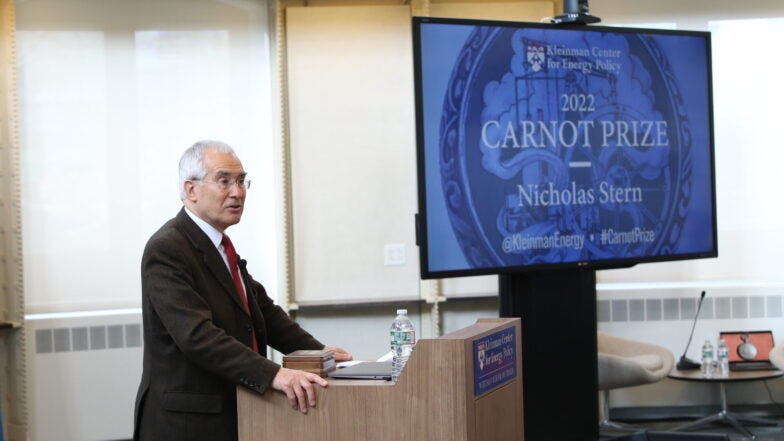
The Kleinman Center awarded this year’s Carnot Prize to Lord Nicholas Stern, professor at the London School of Economics and Political Science (LSE), author of the groundbreaking Stern Review on the Economics of Climate Change, and former chief economist and senior vice president of the World Bank. Stern is known for his urgent call to action on climate change—sustained over a period of decades. The Carnot Prize is the Kleinman Center’s annual recognition of distinguished contributions to energy policy through scholarship or practice.
Video Highlights
COP26
A delegation from Penn traveled to Glasgow, Scotland to attend the United Nations Framework Convention on Climate Change (UNFCCC) Conference of Parties (COP26). This is the second time Penn has had official observer status at the crucial global conference on climate change.
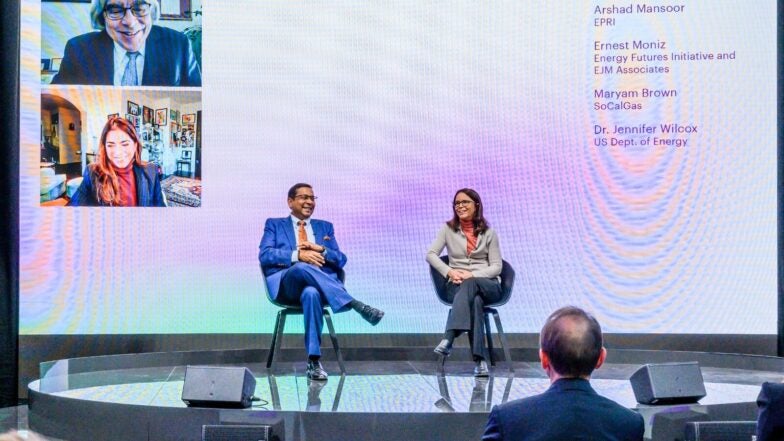
Penn faculty, researchers, and students attended the conference, presented research, and participated in events and critical discussions. Kleinman Center Faculty member Jennifer Wilcox (pictured) was on the COP26 stage discussing net zero and the importance of transitioning industrial cities.
Public Events
Both in person and in the virtual world, we delivered events on topics from grid reliability to net zero.
Energy Economics & Finance Seminar
This year’s seminar series in Energy Economics & Finance (EEF) was jointly organized by Wharton’s Business Economics and Public Policy Department, the Kleinman Center for Energy Policy, and Wharton’s Business, Climate, and Environment Lab. The scope of the seminar included regulation and policy papers, along with energy related environmental and transportation issues.
Podcast
In its sixth season, Energy Policy Now covered timely energy topics on everything from the bipartisan infrastructure bill to solar geoengineering.
Featured Episode
The first episode in a mini-series exploring governance challenges surrounding the transition to clean energy, guest Shuchi Talati, former chief of staff of the Department of Energy’s Office of Fossil Energy & Carbon Management, discusses the need for strong governance to balance the potential benefits of carbon dioxide removal technologies with environmental and social risks.
Released this year
In the last year
Behind the Scenes
We are appreciative of the people working with us behind the scenes to make each year a success. We are thankful for the hard work of our staff, the expert guidance of our advisory board, the tireless support from our Dean and Weitzman leadership, and the donors who make this work possible.
Advisory Board
Paul Bonney
Mark Brownstein
Emily Duncan
Scott Kleinman
Ken Kulak
Sonny Popowsky
John Quigley
Marvin Schlanger
Frederick Steiner
Donors
Carl Goldsmith
Eric Gribetz
Scott Kleinman
Steven Lefkowitz
Staff
Bill Cohen
Cornelia Colijn
Mark Alan Hughes
Angela Pachon
Lindsey Samahon
Oscar Serpell
Mollie Simon
Andy Stone
Kimberle Szczurowski
2020-2021
Clean Energy Conversions Lab • Explainer Video • Virtual Engagement • Carnot Prize: Sheila Oparaocha
2019-2020
First Faculty Hire: Jennifer Wilcox • First Energy Week at Penn • Carnot Prize: Cheryl LaFleur • COVID-19 Response
2018-2019
$30 Million Renewal Gift • Carnot Prize India: Piyush Goyal • Philadelphia Refinery Report
2017-2018
Kleinman at Home & Abroad • Carnot Prize: Gina McCarthy • Advisory Board Growth
2016-2017
Energy Policy Now Podcast Launch • Carnot Prize: Fatih Birol • First IEA Summer Fellow
2015-2016
Fisher Fine Arts Renovation • First Carnot Prize: Daniel Yergin • New Programming
2014-2015
$10 Million Gift • Center Opening • Vision & Plan • New Research & Programs
